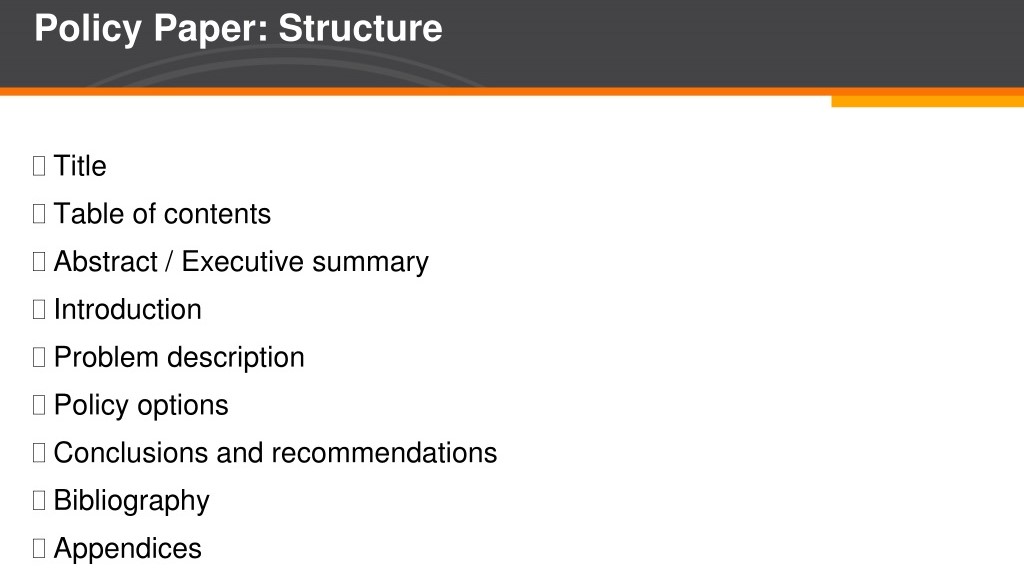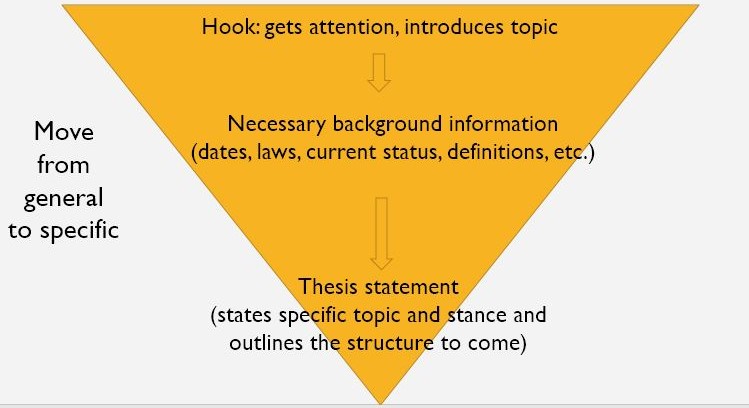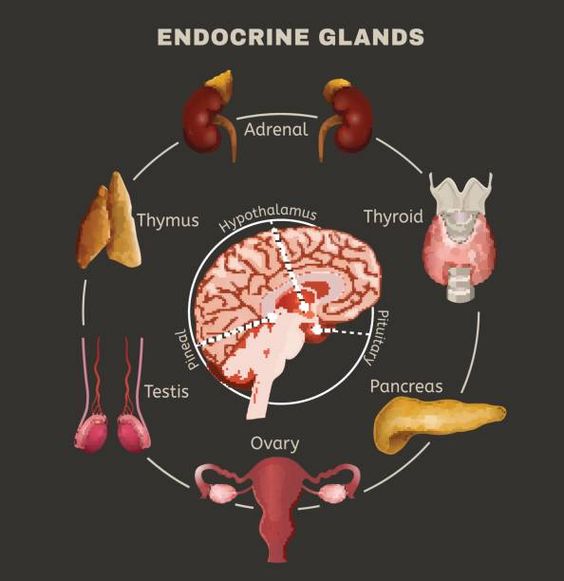
Table of Contents
The demand for evidence-based practice (EBP) in nursing is ever-increasing. As healthcare professionals, nurses are expected to provide care rooted in the latest scientific knowledge. This translates to a need for nurses to not only be skilled practitioners but also proficient researchers and writers capable of presenting their findings in a clear and concise manner.
This article will guide you through the process of writing an impactful evidence-based practice nursing paper, equipping you with the knowledge and strategies necessary for successful publication.
Understanding the Essence of Evidence-Based Practice Nursing Paper
The foundation of any evidence-based practice nursing paper lies in its ability to bridge the gap between research findings and practical application in the clinical setting. It is not simply a summary of existing literature; it is a critical analysis of the evidence that informs clinical decision-making. This type of paper aims to:
- Identify a specific clinical question: The paper should address a well-defined problem or challenge faced by nurses in their practice.
- Conduct a systematic review of relevant literature: This involves searching, selecting, and evaluating high-quality studies related to the chosen clinical question.
- Synthesize the findings: The paper should critically analyze the collected evidence, highlighting its strengths and limitations.
- Provide practical recommendations: Based on the synthesized evidence, the paper should offer specific and actionable steps for improving patient care.
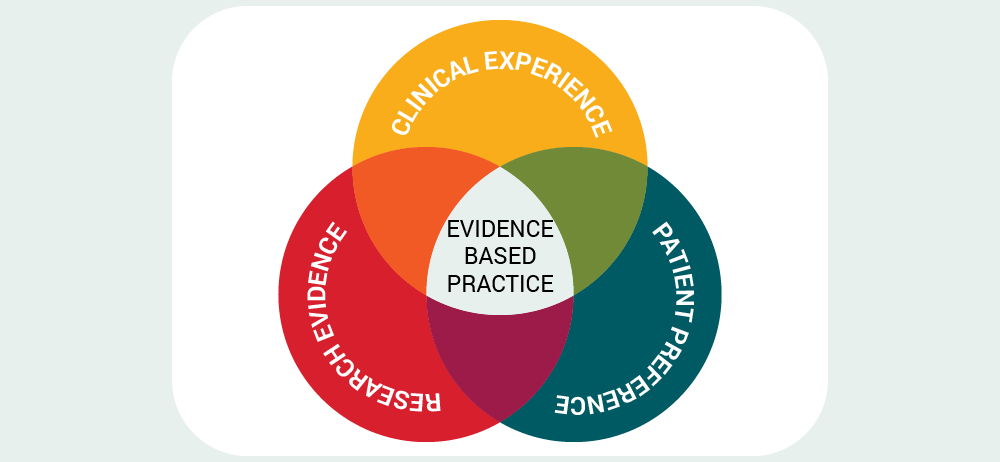
Step-by-Step Guide to Writing an Evidence-Based Practice Nursing Paper
1. Defining the Research Question:
The research question is the cornerstone of your evidence-based practice nursing paper. It sets the direction for your investigation and helps you focus your search for relevant literature. This question should be:
- Specific: Clearly define the scope of your inquiry.
- Measurable: Include parameters that can be quantified.
- Achievable: The question should be realistic given available resources and time.
- Relevant: The question should address a significant issue in nursing practice.
- Time-bound: The question should have a defined timeframe for its investigation.
Example: “What are the effects of early mobilization on functional recovery in hospitalized patients with hip fracture?”
2. Conducting a Comprehensive Literature Review:
A robust literature review is the backbone of any evidence-based practice nursing paper. This process involves identifying, evaluating, and synthesizing existing research on your chosen topic.
- Identifying Relevant Databases: Explore databases like PubMed, PhD Nurse Writer, CINAHL, and Cochrane Library.
- Using Key Search Terms: Develop a search strategy that includes relevant keywords and MeSH terms.
- Evaluating Sources: Assess the quality of your chosen studies based on criteria like design, sample size, and methodology.
- Organizing the Evidence: Categorize the findings based on themes, strengths, and limitations.
3. Critically Analyzing the Evidence:
Once you have collected a pool of relevant studies, it is crucial to analyze the evidence with a critical eye. This step involves:
- Understanding Methodological Strengths and Limitations: Evaluate the research designs, sampling methods, and statistical analyses used in each study.
- Assessing the Quality of Evidence: Apply relevant quality assessment tools to evaluate the credibility and trustworthiness of the findings.
- Identifying Areas of Consensus and Controversy: Explore the inconsistencies and variations in findings across different studies.
4. Synthesizing the Evidence:
After analyzing the evidence, you need to synthesize it into a coherent narrative that supports your arguments. This involves:
- Identifying Key Themes: Group similar findings from different studies.
- Presenting a Balanced Perspective: Highlight both the strengths and limitations of the evidence.
- Using Tables and Figures: Visualize the findings effectively through tables, charts, and graphs.
5. Developing Recommendations for Practice:
The ultimate goal of an evidence-based practice nursing paper is to translate research findings into actionable recommendations for clinical practice. This step involves:
- Relating the Evidence to Nursing Practice: Connect the findings to specific clinical situations and nursing interventions.
- Developing Clear and Specific Recommendations: Provide concrete steps for improving patient care.
- Addressing Barriers to Implementation: Acknowledge potential obstacles and suggest strategies for overcoming them.
6. Writing the Paper: Structure and Style
The structure of your evidence-based practice nursing paper should follow a logical flow, guiding the reader through your research and recommendations.
- Title: Clearly and concisely convey the paper’s focus.
- Abstract: Provide a concise overview of the paper’s purpose, methods, findings, and conclusions.
- Introduction: Introduce the topic, state the research question, and provide background information.
- Literature Review: Present the results of your literature search and critically analyze the evidence.
- Methodology: Describe the methods used for data collection, analysis, and interpretation.
- Results: Present the synthesized findings in a clear and organized manner.
- Discussion: Interpret the findings, relate them to existing literature, and discuss their implications for nursing practice.
- Conclusion: Summarize the main points of the paper and restate the recommendations.
- References: List all sources cited in the paper using a consistent citation style.
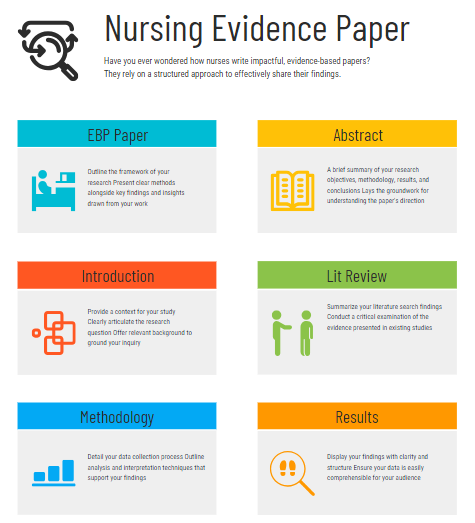
7. Editing and Proofreading:
Before submitting your paper for publication, it is crucial to ensure clarity, accuracy, and professional presentation.
- Review the Structure and Flow: Ensure the paper is logically organized and easy to read.
- Check for Grammar and Spelling Errors: Thoroughly proofread the paper for any mistakes.
- Seek Feedback from Colleagues: Get constructive feedback from peers or mentors.
8. Selecting a Suitable Journal for Publication:
Choose a journal that aligns with the scope of your evidence-based practice nursing paper.
- Consider Journal Scope: Ensure the journal publishes research relevant to your topic.
- Review Journal Guidelines: Familiarize yourself with the journal’s submission guidelines.
- Check Journal Impact Factor: Assess the journal’s prestige and influence in the field.
Key Considerations for an Effective Evidence-Based Practice Nursing Paper:
- Maintain a Clear and Concise Writing Style: Use clear and concise language, avoiding jargon or technical terms that may confuse the reader.
- Use Active Voice: Employ active voice to strengthen your writing and enhance clarity.
- Support Statements with Evidence: Provide citations for all claims and assertions made in the paper.
- Acknowledge Limitations: Recognize any limitations in your research and discuss their potential impact on the findings.
- Consider Ethical Considerations: Ensure your research adheres to ethical guidelines and respects the rights of participants.
Avoiding Common Pitfalls in Your Evidence-Based Practice Nursing Paper
Evidence-based practice (EBP) is the cornerstone of modern nursing. It ensures that patient care is informed by the latest, most reliable research. Translating this research into practice requires clear and concise communication, often in the form of an evidence-based practice nursing paper. However, even seasoned nurses can fall victim to common pitfalls that undermine the impact of their writing. Understanding these pitfalls and implementing strategies to avoid them is crucial for producing a strong, persuasive, and impactful evidence-based practice nursing paper.
Mistake 1: Lack of a Clear Research Question: A well-defined research question is the foundation of any evidence-based practice nursing paper. Without it, the paper lacks direction and purpose. Often, authors fail to clearly articulate their research question, leading to a disjointed and unfocused narrative.
Solution: Start with a clear and specific research question. It should be concise, answerable, and relevant to your practice. For example, instead of “How can we improve patient satisfaction?” ask “What impact does a patient-centered discharge planning intervention have on patient satisfaction scores in a cardiac rehabilitation program?”
Mistake 2: Inadequate Literature Review: An evidence-based practice nursing paper relies heavily on a robust and comprehensive literature review. A common mistake is failing to explore the full breadth of the research available, leading to incomplete or biased conclusions.
Solution: Conduct a thorough search of relevant databases like PubMed, CINAHL, and Cochrane Library. Include both primary and secondary sources, ensuring a balanced perspective. Don’t limit yourself to just quantitative studies; consider qualitative research to gain a deeper understanding of patient experiences and perspectives.

Mistake 3: Ignoring Critical Appraisal: Simply reporting findings from research studies is insufficient for an effective evidence-based practice nursing paper. It’s vital to critically appraise the quality and relevance of the evidence, evaluating its methodological rigor, biases, and applicability to your specific context.
Solution: Use validated critical appraisal tools like the CASP tool or the JBI Critical Appraisal Checklist. Analyze the research design, sample size, statistical analysis, and potential sources of bias. Consider how the study findings can be applied to your practice setting and patient population.
Mistake 4: Weak Synthesis and Interpretation: After reviewing multiple studies, the evidence-based practice nursing paper needs to effectively synthesize and interpret the findings. A common mistake is merely listing the findings without drawing meaningful connections and highlighting areas of consensus or conflict.
Solution: Go beyond simply summarizing individual studies. Analyze the evidence, identify key themes, and discuss the implications for practice. Address any discrepancies in findings, explore potential reasons for these differences, and consider the limitations of the evidence base.
Mistake 5: Lack of a Practical Application: An evidence-based practice nursing paper should ultimately aim to bridge the gap between research and practice. A common pitfall is failing to translate the evidence into practical, actionable recommendations for your practice.
Solution: Clearly outline the implications of your findings for your specific clinical setting. Develop specific recommendations for practice change, taking into account the available resources, institutional policies, and ethical considerations. Include specific examples and strategies to illustrate how the evidence can be implemented in practice.
Mistake 6: Poor Formatting and Presentation: A well-written evidence-based practice nursing paper should be organized, clear, and easy to read. However, poor formatting and lack of attention to detail can detract from the impact of the paper.
Solution: Adhere to the guidelines of your target journal or institution. Ensure proper citation format, consistent use of headings and subheadings, and clear and concise language. Use tables, figures, and graphs to effectively visualize data and enhance reader comprehension.
In conclusion, writing a strong evidence-based practice nursing paper requires careful attention to detail and a commitment to rigorous research. By avoiding these common pitfalls, you can enhance the clarity, persuasiveness, and impact of your writing, contributing to the advancement of EBP in nursing and ultimately, improving patient care.
Frequently Asked Questions about Evidence-Based Practice Nursing Papers
For many nursing students and practitioners, the concept of an evidence-based practice nursing paper can seem daunting. It’s often viewed as a complex, academic exercise, but it’s truly a powerful tool for advancing patient care.
This article aims to demystify the process by answering common questions and providing practical guidance. Let’s dive into the frequently asked questions about writing an evidence-based practice nursing paper:
1. What is an Evidence-Based Practice Nursing Paper?
At its core, an evidence-based practice nursing paper is a structured analysis of current research to address a specific clinical question related to nursing practice. It’s about using the best available evidence, combined with your clinical expertise and patient preferences, to make informed decisions.
2. Why is it Important to Write an Evidence-Based Practice Nursing Paper?
The significance of writing an evidence-based practice nursing paper lies in its impact on patient care:
- Improving Patient Outcomes: By applying research findings to practice, you contribute to safer, more effective, and patient-centered care.
- Promoting Critical Thinking: The process of evaluating research strengthens your critical thinking skills, allowing you to discern valid evidence from misleading information.
- Fostering a Culture of Inquiry: Encouraging a culture of questioning and evidence-based decision-making leads to a more innovative and responsive nursing practice.
3. What are the Key Steps in Writing an Evidence-Based Practice Nursing Paper?
Writing an evidence-based practice nursing paper follows a structured process:
- Formulate a Clinical Question: Begin by identifying a specific clinical problem or area of interest. This question should be clear, focused, and relevant to your practice.
- Conduct a Literature Review: This involves searching for and evaluating relevant research articles, systematic reviews, and guidelines.
- Analyze and Synthesize Findings: Once you’ve collected the evidence, critically analyze it, looking for patterns, strengths, weaknesses, and conflicting findings.
- Develop Recommendations: Based on your analysis, formulate clear and practical recommendations for how to apply the evidence in your practice.
- Evaluate the Impact: After implementing the recommendations, assess their effectiveness and consider any necessary adjustments.
4. What are the Common Components of an Evidence-Based Practice Nursing Paper?
An evidence-based practice nursing paper typically has the following components:
- Abstract: A brief summary of the paper, including the research question, methods, findings, and recommendations.
- Introduction: This section provides background information on the clinical problem, the significance of the issue, and the rationale for the research.
- Literature Review: A comprehensive overview of existing research relevant to the clinical question, presented in a structured and organized manner.
- Methods: This section describes how the research was conducted, including the search strategy, inclusion criteria, and data analysis methods.
- Results: A clear presentation of the key findings from the research, using tables, figures, and statistical analyses.
- Discussion: An in-depth analysis of the findings, their implications for practice, and limitations of the research.
- Recommendations: Specific and practical suggestions for how to implement the findings in practice.
- Conclusion: A concise summary of the key findings and their significance for nursing practice.
- References: A list of all sources cited in the paper, formatted according to a specific style guide (e.g., APA).
5. What are Some Common Pitfalls to Avoid When Writing an Evidence-Based Practice Nursing Paper?
Writing an evidence-based practice nursing paper can be challenging. Avoid these common pitfalls:
- Lack of Focus: Ensure that your paper is focused on a specific clinical question and avoids unnecessary tangents.
- Poorly Developed Literature Review: Make sure your literature review is comprehensive, up-to-date, and critically analyzes the research.
- Weak Recommendations: Your recommendations should be clear, specific, and practical for implementation in your practice.
- Lack of Evidence: Don’t rely on anecdotal evidence or personal opinions. Back up your claims with research findings.
- Ignoring Ethical Considerations: Always prioritize ethical principles and patient safety when applying evidence to practice.
6. Where Can I Find Resources for Writing an Evidence-Based Practice Nursing Paper?
There are many resources available to help you write an evidence-based practice nursing paper:
- Libraries and Databases: Utilize online databases like PubMed, CINAHL, and Cochrane Library to access research articles and systematic reviews.
- Professional Organizations: Many nursing organizations offer resources and guidelines on evidence-based practice.
- Online Courses and Workshops: Several online courses and workshops focus on evidence-based practice and research methodology.
- Mentors and Faculty: Seek guidance from experienced nurses, researchers, or faculty members.
7. What are the Benefits of Writing an Evidence-Based Practice Nursing Paper?
Writing an evidence-based practice nursing paper has several benefits for your personal and professional growth:
- Enhanced Credibility: It showcases your commitment to evidence-based practice and demonstrates your knowledge and skills to colleagues and employers.
- Career Advancement: Writing an evidence-based practice nursing paper can enhance your CV and prepare you for leadership roles in nursing.
- Improved Patient Care: It ultimately leads to better patient outcomes by bridging the gap between research and practice.
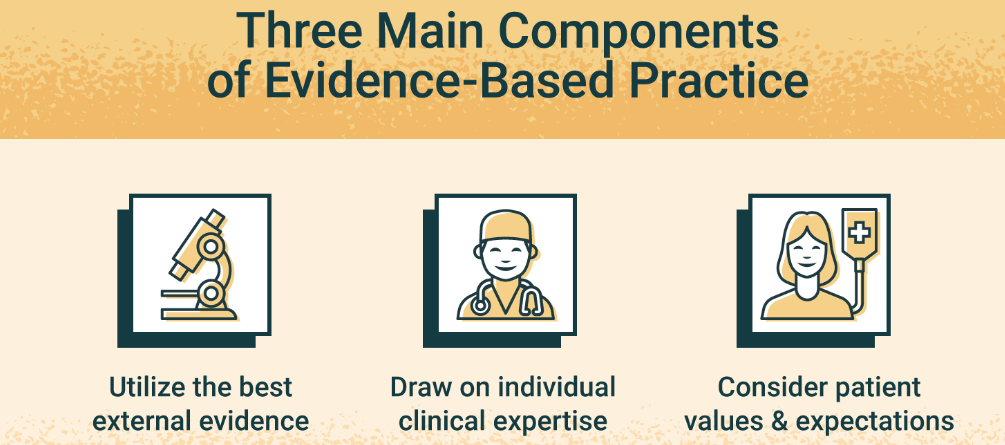
Writing an evidence-based practice nursing paper may seem daunting, but with the right guidance and resources, it can be a rewarding experience. By embracing evidence-based practice, you contribute to a culture of quality, safety, and patient-centered care within the nursing profession. Remember, every evidence-based practice nursing paper represents a step towards improving patient outcomes and advancing the nursing profession.
Conclusion: Embracing the Evidence-Based Practice Paradigm
Writing an evidence-based practice nursing paper is an essential component of professional development and contributing to the advancement of nursing knowledge. By following the steps outlined in this guide, you can navigate the process of crafting a impactful and publishable paper. Remember, the ultimate goal is to bridge the gap between research and practice, leading to improved patient outcomes and a more evidence-informed healthcare system.
By embracing the principles of evidence-based practice, nurses can ensure that their clinical decisions are informed by the latest scientific evidence. This, in turn, will lead to improved patient safety, quality of care, and positive health outcomes. Writing an evidence-based practice nursing paper is not simply a task; it is an opportunity to contribute to the body of knowledge that shapes the future of nursing. It is a chance to share your expertise, inspire others, and make a tangible difference in the lives of patients.
Get Professional Nursing Paper Writing Service
At PhD Nurse Writer, we offer professional nursing paper writing service to help you get through the arduous task of writing papers seamlessly. Our service covers topic suggestion, paper writing, proofreading, editing, formatting and plagiarism removal. Talk to us today for customized assistance with nursing research papers, essays, case studies and dissertations.


